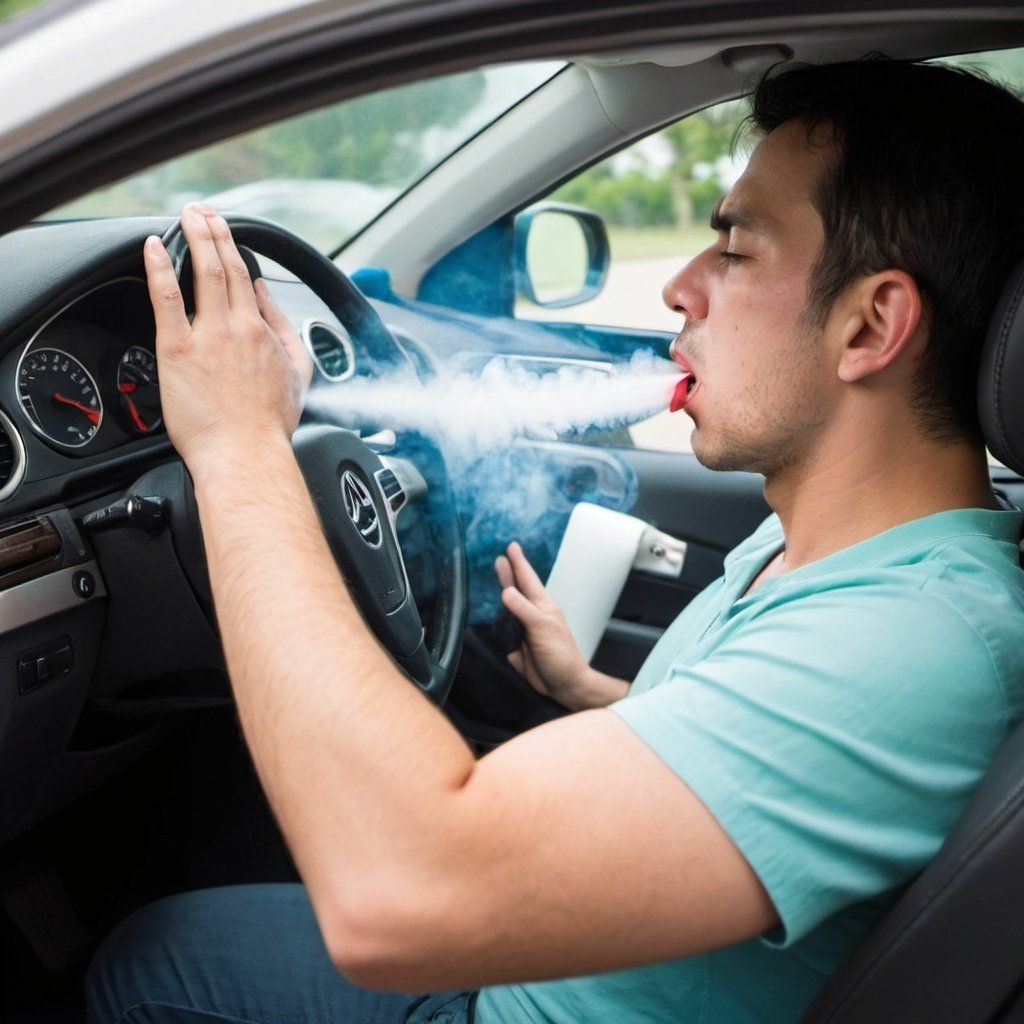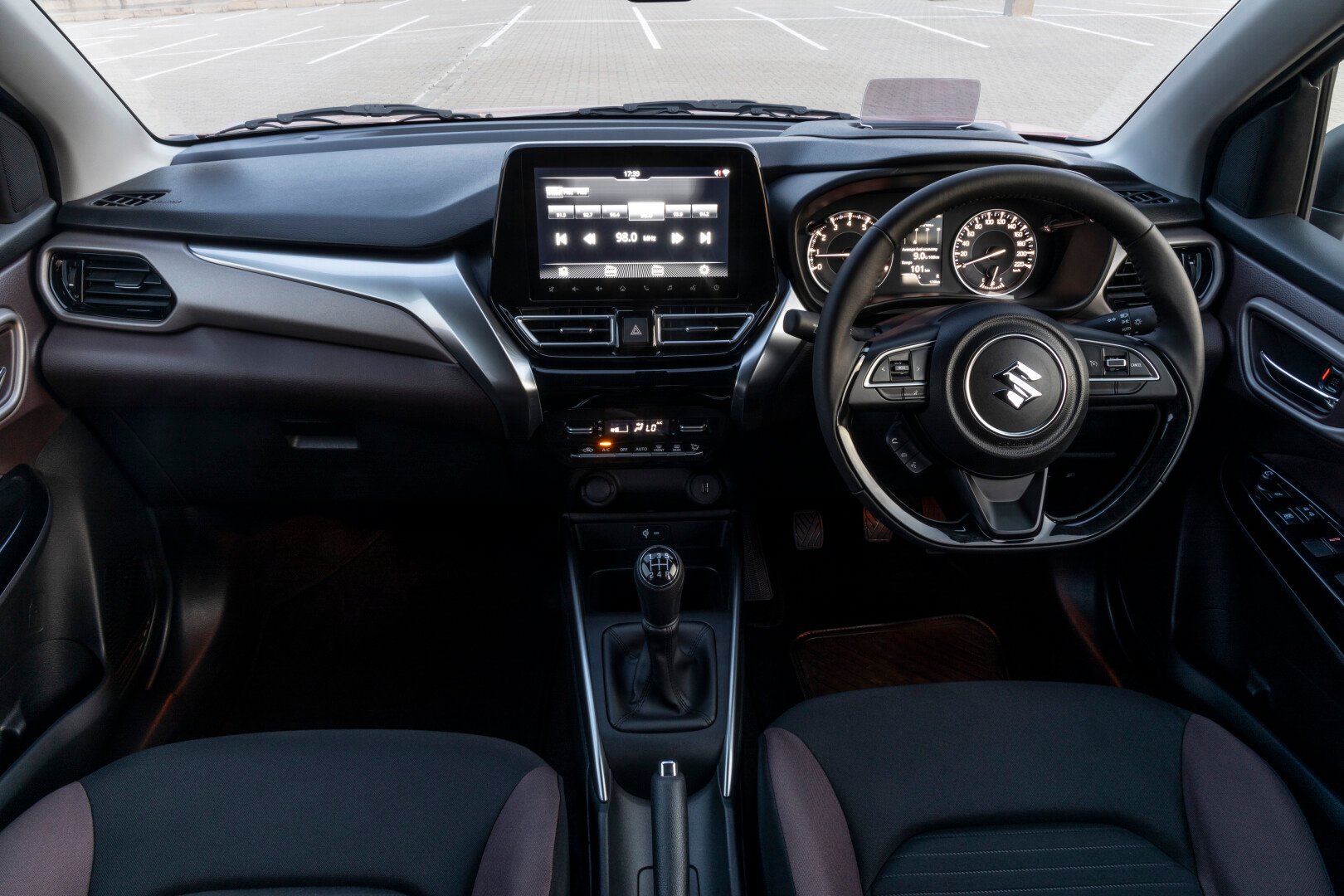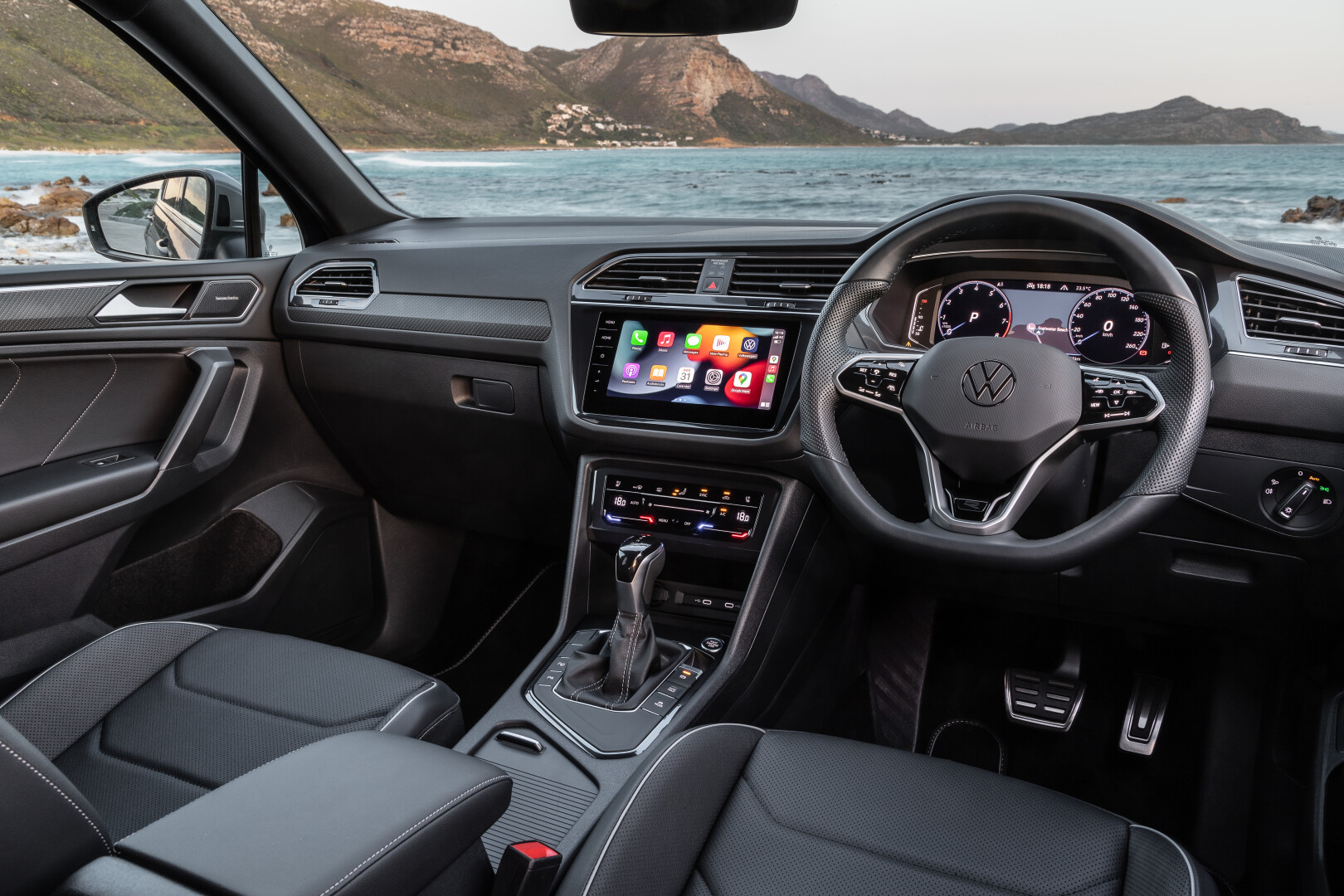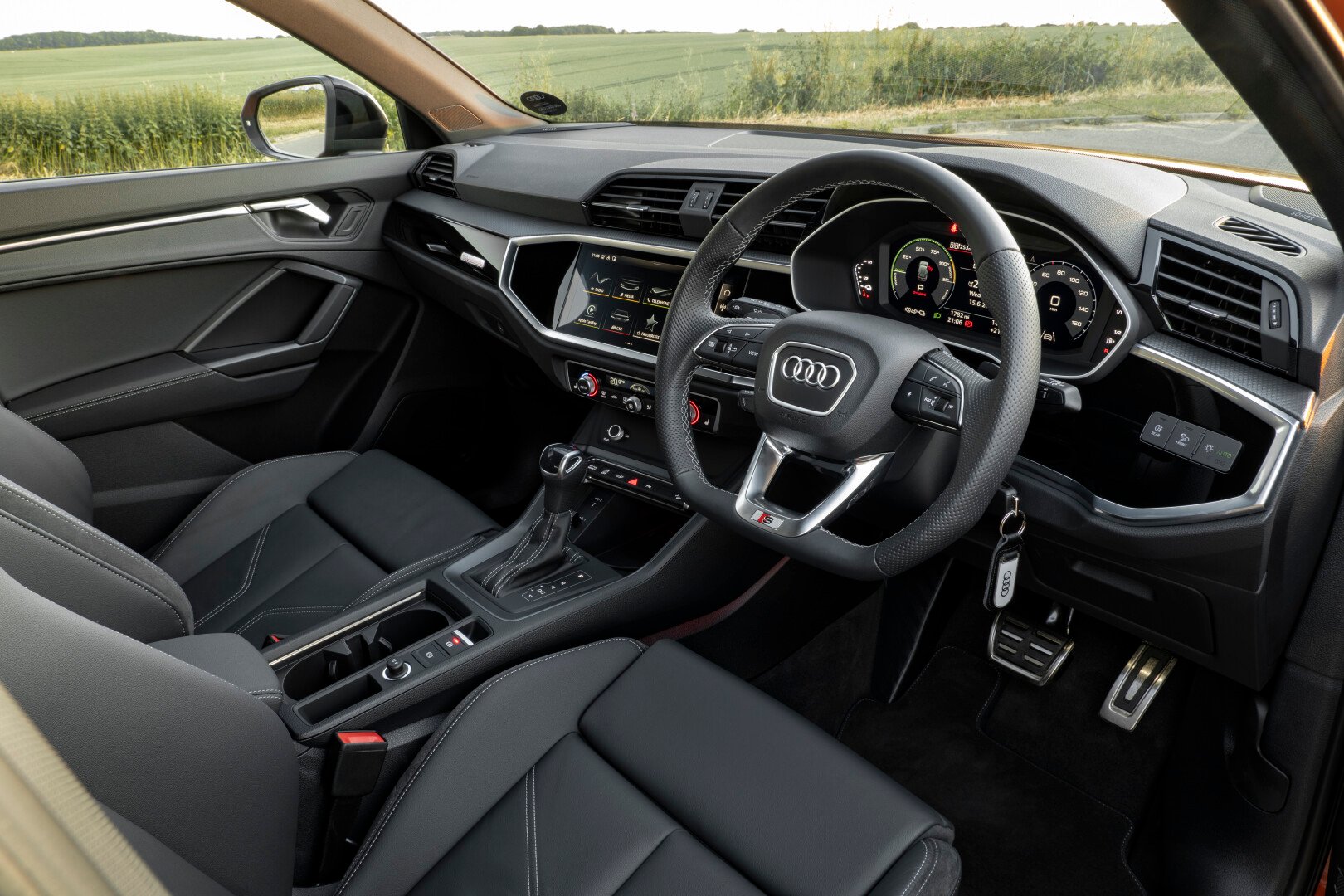Many people rely on their car air-conditioning systems to keep them cool and comfortable during hot summer months. However, what most drivers do not realise is these seemingly harmless devices can actually pose serious health risks if not properly maintained. Neglecting your car's air-conditioner can lead to a variety of health issues, making it a silent killer on the road.
In the depths of a car's air-conditioning system, lurks a hidden danger lurks often overlooked by many drivers.
Without proper and regular maintenance, these systems can become fertile grounds for the growth of bacteria, mould, and fungi. Such microorganisms thrive in the moist environment of air-conditioning units and, when left unchecked, can proliferate. As these systems operate, they circulate the contaminated air throughout the vehicle's cabin, unknowingly exposing occupants to potential health risks.
 The inhalation of these airborne contaminants is not just a minor inconvenience; it can lead to significant respiratory ailments, allergies, and even more severe infections. The situation underscores the importance of diligent care and attention to the state of one’s air-conditioning system, not only for the comfort it provides but also for the unseen health implications it carries.
The inhalation of these airborne contaminants is not just a minor inconvenience; it can lead to significant respiratory ailments, allergies, and even more severe infections. The situation underscores the importance of diligent care and attention to the state of one’s air-conditioning system, not only for the comfort it provides but also for the unseen health implications it carries.
This aspect of vehicle maintenance is not merely about mechanical functionality but directly impacts the air quality inside the vehicle, with far-reaching consequences on the well-being of its occupants.
The correlation between regular aircon maintenance and the mitigation of respiratory problems is thus stark.

All our pre-owned vehicles are thoroughly checked before you buy them - click here
Through diligent cleaning and upkeep of the air-conditioning system, the proliferation of these airborne contaminants can be significantly reduced. Such preventative measures not only improve the air quality inside the vehicle but also contribute to the overall respiratory health of its occupants.
In essence, the relationship between the state of the vehicle's aircon system and the air that passengers breathe is intimately connected, underscoring the importance of regular maintenance in safeguarding against the potential health risks associated with poor air quality in enclosed spaces.
Maintenance protocols involve a comprehensive examination of the air-conditioning unit, focusing on the cleanliness and integrity of air filters, which are crucial in trapping contaminants before they infiltrate the cabin space. Equally important is the inspection for any leaks that could compromise the system's efficiency and contribute to the accumulation of moisture, thereby creating an environment conducive to the growth of harmful microorganisms.
Additionally, ensuring the vehicle's ventilation system operates optimally is paramount, as it facilitates the exchange of stale, contaminated indoor air with fresh outdoor air, significantly reducing the concentration of airborne pathogens.

The best finance deal for your next car can be found here
These actions, while seemingly straightforward, demand a commitment to regularity and precision, underscoring their importance in the broader context of vehicular maintenance. Engaging in these preventative practices not only enhances the air quality within the vehicle but also serves as a proactive approach to maintaining the health and safety of its occupants.
A frequently overlooked aspect of car air-conditioning maintenance is its environmental repercussions. An aircon system in suboptimal condition demands additional energy to cool the interior of a vehicle efficiently. This increased energy requirement not only elevates fuel consumption but also escalates the emission of greenhouse gases. Such emissions are a significant contributor to the global climate change crisis, further intensifying the urgency for environmentally responsible vehicle upkeep.
Maintaining an air-conditioning system in peak condition, therefore, extends beyond the immediate sphere of personal health and comfort, venturing into the realm of environmental stewardship. By ensuring the efficient operation of these systems, individuals can play a part in reducing energy wastage and minimising their ecological footprint.
Refrigerant is a chemical that comes in the form of a liquid or gas. While it is usually well-packaged to prevent the risk of harm or death, accidents do happen. If you inhale or ingest refrigerant of any kind, seek immediate emergency medical assistance. The dangers of refrigerant poisoning are serious.
Freon, which is often used in refrigerants and coolants, is colorless and smells like freshly cut grass. Freon describes several chemicals — including fluorine, carbon, hydrogen, chlorine and bromine — that may be mixed.

The relationship between well-maintained vehicle air-conditioners and the broader environmental impact highlights the interconnectedness of individual actions and global ecological health. It underscores the necessity for conscientious maintenance practices, not only for the sake of vehicle occupants’ well-being but also for the collective benefit of the environment.
Elevating the health of a vehicle's air-conditioning system to a key component of regular maintenance schedules is critical for safeguarding the well-being of its occupants. Vehicle owners should establish a routine that includes periodic evaluations by professional mechanics, who are adept at identifying potential issues that may not be immediately apparent to the untrained eye.
Attention should also be directed towards detecting any unusual odours or noises emanating from the air-conditioning system, as these can be indicative of underlying problems requiring prompt intervention.
Furthermore, vigilance in monitoring the performance of the air-conditioning unit can reveal early signs of inefficiency, which, if addressed promptly, can prevent the escalation of issues and contribute to a healthier vehicle environment.
By integrating these steps into a comprehensive vehicle maintenance programme, car owners can significantly enhance the quality of the air within their vehicles, thereby contributing to a more pleasant and safer driving experience.
Colin Windell
proudly CHANGECARS











